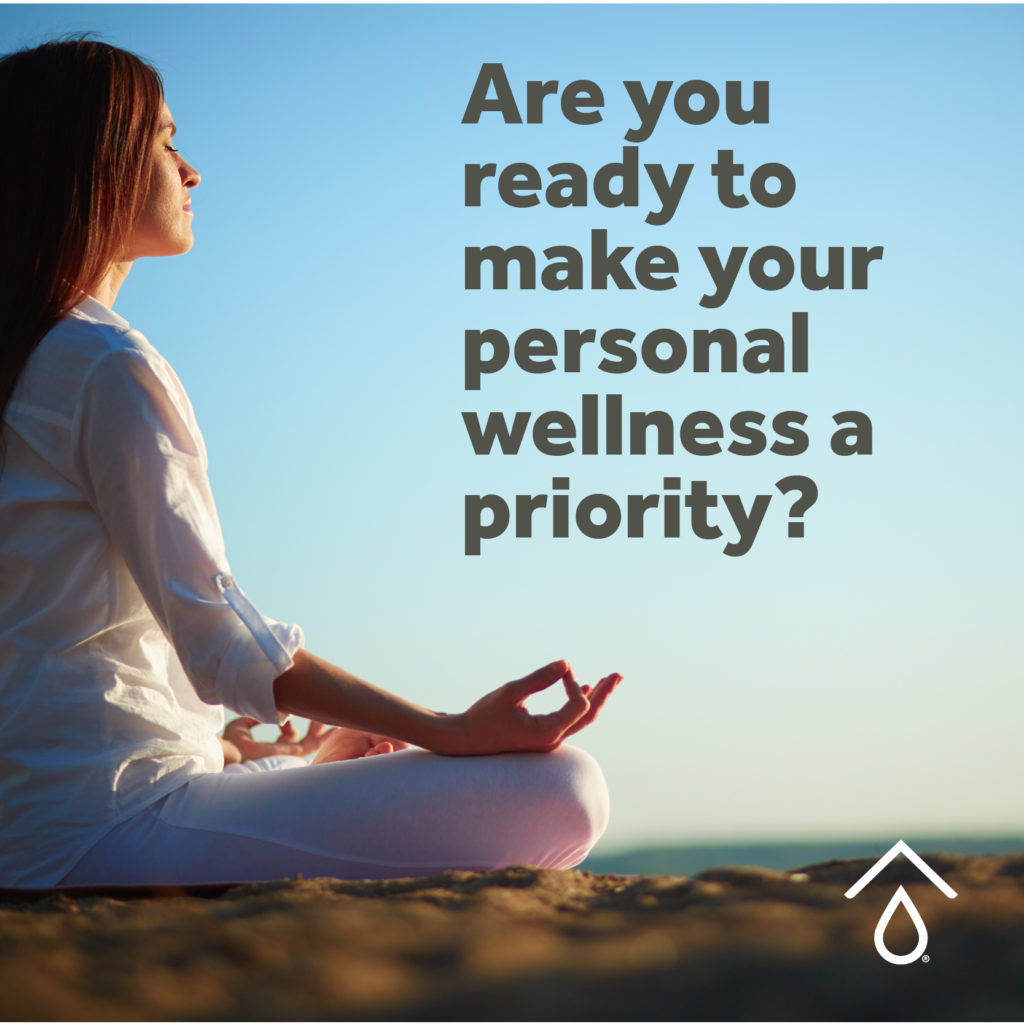When my son Christopher was first diagnosed with autism, I delved into online research. Cathy Jameson was a name I came across again and again, courageously sharing the story of her son Ronan’s regression into autism and her family’s journey. Her writing was – and still is – such a comfort to me during those early days, like a voice whispering, “You are not alone.” Cathy shares her story not only to help other families affected by autism; she also hopes to help other parents trust their instincts, ask questions, and prevent autism. Ronan’s story is so similar to Christopher’s and to so many other children’s whose families I’ve met over the years. I am so thankful to her for writing this post, and sharing her story … one more time.

When I prepared to write this guest blog, similar emotions came over me that I had described in a piece I’d written a few years ago:
“I remember how overwhelming it was to be that mom. The mom who didn’t know. Who was afraid. The mom who had questions but hadn’t a clue where to look for answers. I also remembered something else: the emotions that come with the eventual discovery of Ronan’s vaccine injury. Sadness. Worry. Fear. Anger. Betrayal. Those emotions subsided but can surface on the bad days. They creep in during bad weeks, too. Those emotions came back last week and were strongest when I tried to tell Ronan’s story again.” – from Combatting Autism, 22 September 2013.
Ronan’s story. I know it well. It isn’t always easy to tell it, but it’s time to tell it again…
Ronan was born right before Christmas in 2002. Welcomed by Fiona, an excited big sister, he had great APGAR scores at birth (8 and 9). A cheerful baby, Ronan met his milestones and was interactive with family. When our friends came to visit, he lit up the room when they greeted him. Everyone noted how happy Ronan was. They also noticed how his chocolate brown eyes were full of life. I loved that just his presence alone made other people happy.
With two children under the age of two at home, I knew that I wouldn’t be returning to work anytime soon. I’d left the teaching field right before my oldest was born. I was happy with that decision and looked forward to play dates, visits to the neighborhood park, and making memories with my family.
We have plenty of memories, but some of them are not what you’d consider normal.
Having studied child development in college, and having been surrounded by typically developing children my entire career, I had a good idea of what was considered normal. Throughout my pregnancy with Ronan’s older sister, and well into her toddler years, her development was “textbook” – everything was on track with no complications, no serious injuries, and no developmental worries whatsoever. When Ronan started to struggle, and when he was no longer achieving the milestones his sister easily accomplished, it truly puzzled me.
I raised concerns about Ronan’s delays to others. Friends tried to reassure me, as did our doctor, that boys are slower than girls. Ronan will catch up. Don’t worry so much. I appreciated that friends were trying to calm my nerves, but I wouldn’t let their remarks cloud my thoughts. My mother’s instinct nagged at me to do more than just smile and nod at these well-meaning women. Something had changed in Ronan, and it wasn’t a change for the better.

Ronan Jameson (Photo credit: Fiona Jameson)
After months of wondering, questioning, reading, researching and trying to put all the pieces together, I finally had an a-ha moment. I discovered that after every round of vaccines he’d received, Ronan had a setback. Either an illness or a change in a sleeping or eating habit, or something new and worrisome altogether – like how his stools went from regular to flip flopping from constipated to diarrhea – something troubling had happened. Since I knew that some kids have minor reactions after they get their shots (like a slight fever or swelling or redness at the site of injection), I wasn’t terribly concerned.
My son’s reactions weren’t just minor, though. They were big, red flags flying right in front of my face. I only realized that after I reviewed Ronan’s medical records and compared the dates of well-baby visits to vaccines administered to when some of the problems started. That’s when it finally made sense.
Ronan was vaccine injured.
It took time for me to connect the dots to Ronan’s vaccine injury let alone accept that even as a possibility. At the time, I was still a believer in “the system.” I believed what our pediatrician said as gospel truth. Why would I not? She was the authority on things medical, not I. I followed her lead, which was to vaccinate and to do so timely. I followed her advice, which was to use Tylenol after every vaccination. I followed her plan, which was to return for the next round of shots.
When we returned, the nurses or the doctor offered only in passing that complications were very, very rare. Vaccine injury never crossed my mind. It was only after I had started to read about vaccines, making a point to read material that was not coming straight out of the vaccine industry or from the entities that benefited from vaccines, that I could see that vaccine injury was not such a far-fetched idea.
Not only was it not that far-fetched, it was reality.
Ronan worsened. He lost the few words he had started to say. Then he became silent. No crying. No babbling. No sound whatsoever. As that was happening, his gaze also began to change. Ronan’s bright and shiny eyes grew dim. Then, he lost eye contact. Unable or unwilling to look at us or respond to us, Ronan withdrew further. He was also constantly sick. Unaware of his surroundings and making no notice of anyone or anything to include his new baby brother, life had completely flipped upside down. So much damage was done.
So much of it still remains.
Ronan was not one of those kids who had an immediate adverse reaction like the ones that are listed on the vaccine injury table. Instead, he endured a slow and steady tumble into regression. To add insult to the vaccine injury, Ronan is one of those children who incurred severe medical issues – issues that were not present pre-vaccination but crept in post-vaccination. Seizures, lack of speech, unable to use the toilet on his own – Ronan is years behind and requires constant supervision and frequent medical attention.
Just like other parents, I came to the realization on my own that vaccines did more harm than good. By the time I found out more about them, it too late. Even though many of us are told that vaccines may be safe, effective, and life-saving for some people, they are not for others. I learned the hard way that they were anything but life-saving for my own child. I know a lot of other parents learned that after their child received vaccines, too.
Of course, what parents do with the information I and other moms and dads share is up to them. But if there was one thing that I would ask new parents to do, it would be to question what they are being told by their providers, school administrators, and school nurses. If it’s that you or your child must get vaccines, why? What will be taken away if you don’t adhere to that request? Will your parental rights be trampled? Will your child’s right to an education be jeopardized? No one should be bullied about vaccines, but many parents find that they are in fact being bullied.
If parents haven’t taken time to know all there is to know about vaccines, and if parents are getting information from someone else, make sure to verify what you’re being told. Are they telling you everything? Have you been told about exemptions, side effects, adverse reactions, or about the Vaccine Injury Compensation Fund Program? If your state offers a vaccine exemption, are you being told that you have the option to use that? Are you getting enough information to make an informed choice?
Remember, whenever there is a risk, there must be a choice.
With all that I’ve learned about vaccines and autism, I could talk all day about them. But if there is only one more thing that I’d ask parents to know, it’s that above all else, if at any time your instinct is trying to weigh in, listen to that instinct. Mine nagged at me while we were still vaccinating, but I made one excuse after another ignoring it. It screamed at me while I was connecting the dots to Ronan’s vaccine injury. I stifled it though. Unfortunately, Ronan bore the brunt of that decision.
Had I listened to my instinct, I may not be here watching my son struggle day after day after day with the simplest of skills. He does struggle, though, which is why I tell Ronan’s story. It’s why other parents continue to tell their children’s stories. It’s why parents encourage new moms and new dads to read and research and question everything that they can.
Looking back now, I can now clearly see how Ronan went from being a typical, normal baby to a child on the autism spectrum. I have great memories of the past and also sad ones – like when we got his diagnosis, like when the specialist gave us no hope, like when they told us that Ronan was going to continue to be very delayed and unlikely able to regain his speech or do what typical kids his age can easily do. I try not to think about those sad moments for too long.
Every now and then, though, I can’t help but remember them.
When I do remember them, I refocus my thoughts and my energy. I quickly find the happy and the hopeful because those moments fill many of our days as well. When Ronan accomplishes a skill that he’s been working on, when he tries to say a word, when he flashes that gorgeous smile of his, Ronan shows us to always hope. A simple act that he finally achieves, like when he learned how to clear his plate and cup from the dinner table after two years of teaching him and encouraging him to remember to do that, reminds us to never give up.

Ronan with Cathy (Photo credit: Fiona Jameson)
Some days it would be easy to give up. But Ronan needs me to hang in there, to be positive, and always try to be hopeful. When I’m hopeful, I’m able to speak up. I speak up for him, and I speak up about what happened to him. I do that so more parents can be informed. I do that so other families can avoid what my family did not.
My family did not avoid vaccine injury. I pray that others will which is why I don’t mind telling Ronan’s story. With all the emotions that come with that story, both the happy and the sad, I don’t mind sharing it one more time. I’ll keep sharing it in the hopes that one day I won’t have to tell it any more.
 Cathy Jameson is passionate writer and autism advocate. She is the mother of five children, including Ronan who has autism and severe medical issues. She is a regular contributor to Age of Autism and The Autism File Magazine, she contributed a chapter to Autism Beyond the Spectrum, and she has written for numerous parenting, holistic wellness, and health publications. She also blogs at CathyJameson.org about Ronan, autism, and parenting a special needs child with typical siblings in the hopes that sharing her experiences will help other families in similar situations.
Cathy Jameson is passionate writer and autism advocate. She is the mother of five children, including Ronan who has autism and severe medical issues. She is a regular contributor to Age of Autism and The Autism File Magazine, she contributed a chapter to Autism Beyond the Spectrum, and she has written for numerous parenting, holistic wellness, and health publications. She also blogs at CathyJameson.org about Ronan, autism, and parenting a special needs child with typical siblings in the hopes that sharing her experiences will help other families in similar situations.

 My autism journey has changed the way I live and care for my family. I am passionate about nontoxic products, natural remedies, grain-free nutrition, essential oils, and healing the symptoms known as autism. This is a space for anyone aspiring toward cleaner, healthier living.
XO Joanna
My autism journey has changed the way I live and care for my family. I am passionate about nontoxic products, natural remedies, grain-free nutrition, essential oils, and healing the symptoms known as autism. This is a space for anyone aspiring toward cleaner, healthier living.
XO Joanna






I had such a hard time reading this article. It’s the story of what happened to my son. I wish I had never vaccinated him. Although, I hope someday all our kids get back the normal life that they deserve.
Yes, I realize that this is intended as a general audience /”Vaxxed” article – but *I* still want to know. *WHAT* vaccines, manufactured by *WHO*, containing *WHICH* specific ingredients….????…. It’s encouraging that you kept records of immunization dates, and developmental milestones, etc….. A better and deeper understanding of exactly what happened, and why, will benefit Ronan, and other families. Thank-you for writing this, and best wishes.
Cathy thank you for sharing your story. My son’s was different, but with the same result….bottom line, as you said, parents need to ask questions and not assume that public health protocols are the right fit for every child. I am doing concerts for disability awareness for just this reason….some time we will all look back on this time as a bizarre low-point in our collective history. In the meantime, we have some kids to help learn.